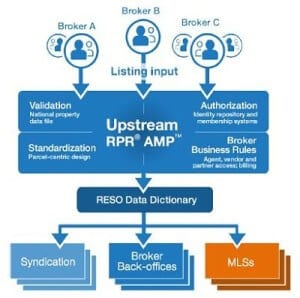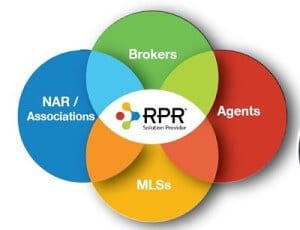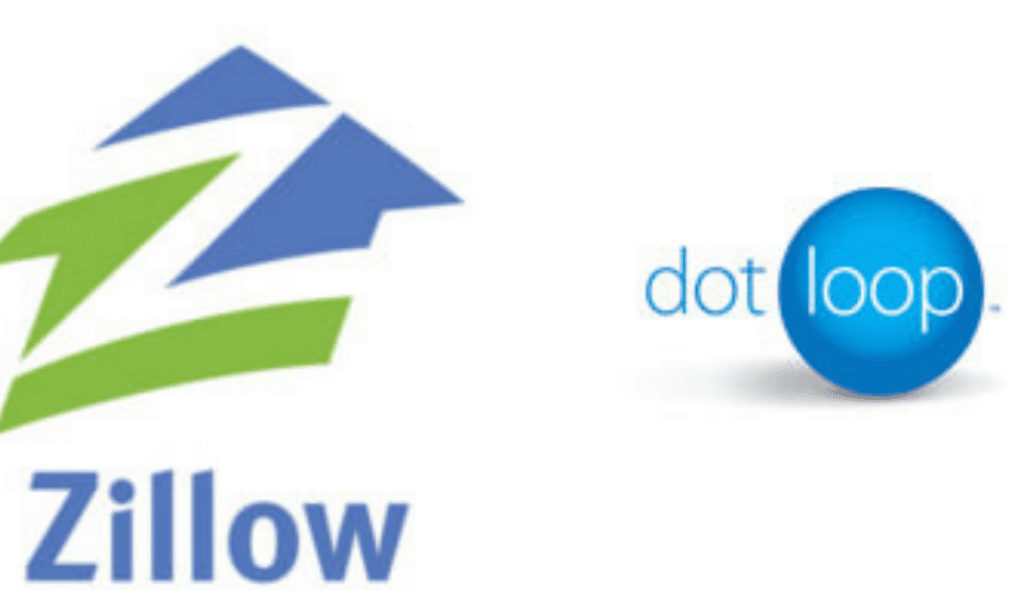Project Upstream – The Update
If you have not read our first article on Upstream – we strongly recommend that you do that prior to reading this.
In our initial post on the RPR – AMP – Realty Alliance project called Project Upstream we spoke about the possibly that IDX could be looking at functional obsolescence (like our use real estate terminology?). In an update to our post on RPR, AMP and Project Upstream we wanted to look at some of the other possibilities of this major alliance of real estate giants.
Changes In Real Estate
Hands down, the biggest change in real estate in the last 50 years is the internet. The changes to the process of buying and selling real estate have substantially shifted since real estate listings went online. This has been written about at to the point of nausea so we wont go into detail on that. Lets discuss the subject of how it has affected the structure of real estate.
NAR – The National Association of REALTORS was established way back in 1908 and served it purpose well. In most instances, the local REALTOR boards either ARE or OWN the MLS (Multiple Listing Service). The MLS was initially created to allow for cooperating commissions so real estate agents from one brokerage could sell the listings of another real estate brokerage and be paid a commission. Prior to the MLS, if you dealt with one real estate broker, you bought properties that they, themselves had listed. The MLS changed that. Some time ago, with the age of the internet, the MLS became the source for real estate listing data that would then be disseminated all over the internet. Today, most real estate agents see much more value in accessing the MLS than being a part of a REALTOR board. I’m sure some people will get angry about that statement, but its the truth. If you ask most agents if they would continue to be a member of their local REALTOR board if they lost MLS access, they would say “what would be the purpose?” NAR absolutely understands that the real estate data (all of the information that makes up all of the listings held within the MLS) is their most valuable asset. I promise this is going somewhere….this long diatribe is bringing us to what is a possibility with the new arrangement of RPR and The Realty Alliance.
 The End of IDX?
The End of IDX?
In our first article on Upstream, we discussed how the creation of ARM and the ability to have real estate brokers input their listings into a shared system and THEN be sent to the local MLS and other real estate portals could have brokers “opt out” of IDX. A large broker may see value in “squashing” the ability for smaller brokers to have a website showing all of the listings. Lets take that train of thought to the next level.
The End of the MLS?
No he didn’t…O yes he did. This agreement could break up the centralized place that all local real estate listings end up—the MLS. In many real estate markets across the country, a handful of the larger brokers make up the lions share of the listings. For instance in New Orleans out of the 400+ real estate brokers, you only need 3 or 4 brokerages to make up over 50% of the listings. You may say, that’s not the case in my real estate market…but you may wan to double check that. Many of the major markets across the US are now in that position, especially after the most recent real estate crash. If you have a handful of major brokers that make up over 50% of the listings, and they all just happen to participate in Project Upstream, they could simply remove themselves FIRST from the IDX feed. Once they pull their listings from the IDX feed, smaller brokers that are members of the MLS loose all the power from their websites. The agents of those smaller brokers loose their ability to tell their sellers that they can post their listing on the local major broker websites that are well known. So what is the smaller brokerage to do? Well…join Project Upstream of course.
How It Falls Apart
Now what you have is a large portion of real estate brokerages all participating in Project Upstream…O yea..and paying MLS dues too. At some point those brokers start asking themselves why are we paying MLS dues? We have the largest listing database. We can hold commission together just like the commercial real estate industry does. Once again, ask yourself (if you are a real estate agent) would you participate in the local board if the MLS wasn’t there?
too. At some point those brokers start asking themselves why are we paying MLS dues? We have the largest listing database. We can hold commission together just like the commercial real estate industry does. Once again, ask yourself (if you are a real estate agent) would you participate in the local board if the MLS wasn’t there?
Why Would NAR Sponsor the Destruction of the MLS that they Control?
Needless to say this is all speculation, but I’m quite confident that NAR has heard the rumblings of agents and brokers not seeing the value in the MLS since Zillow has become an institution. Also, remember RPR has been dying a slow death after flushing millions upon millions of dollars down the tank. Without the support of the larger brokers and the fierce competition from Core Logic, this was a last ditch effort of NAR to pull RPR out of the fire. Remember, Project Upstream has initially contracted with RPR to build the platform and has recently contracted (as of October 28th 2015) to also implement, operate, support and provide training for Upstream. This keeps NAR in the game and a major player in the world of real estate data.
Isn’t It Ironic?
For the last handful of years large, well capitalized (yep I said it) brokers have complained that NAR was using their dues to build tools, services and products that challenge their value proposition to their agents. A role reversal has happened and the tables have turned. Now NAR is using the small brokers dues dollars to fund the building of a system for the large brokers. Don’t yell at me yet…I know that brokers of all sizes can join Project Upstream, but who was it started by? Who was it that wanted to gain control back of their listings? Small brokers get MUCH more value out of IDX than large brokers. Smaller brokers were happy holding a small inventory but displaying thousands of listings on their website. That is all about to change. Keep in mind, as of this point there is no sharing of data within Project Upstream, so the ability to show another broker’s listings will have to be individually negotiated. The entire idea of the project is that the broker who owns the listing has much more control in where it is displayed. Who do you think has the leverage in THAT negotiation?
What the Hell?
Regardless of what ends up taking place in the near future, change is a comin’. There have been a lot of power players and very smart people putting this together for a long time. The MLS’s have been “poking the bear” with taking away control of the listing data and attempting to play hardball with the large brokers. Whats that old saying? Pigs get fat…Hogs get slaughtered.



